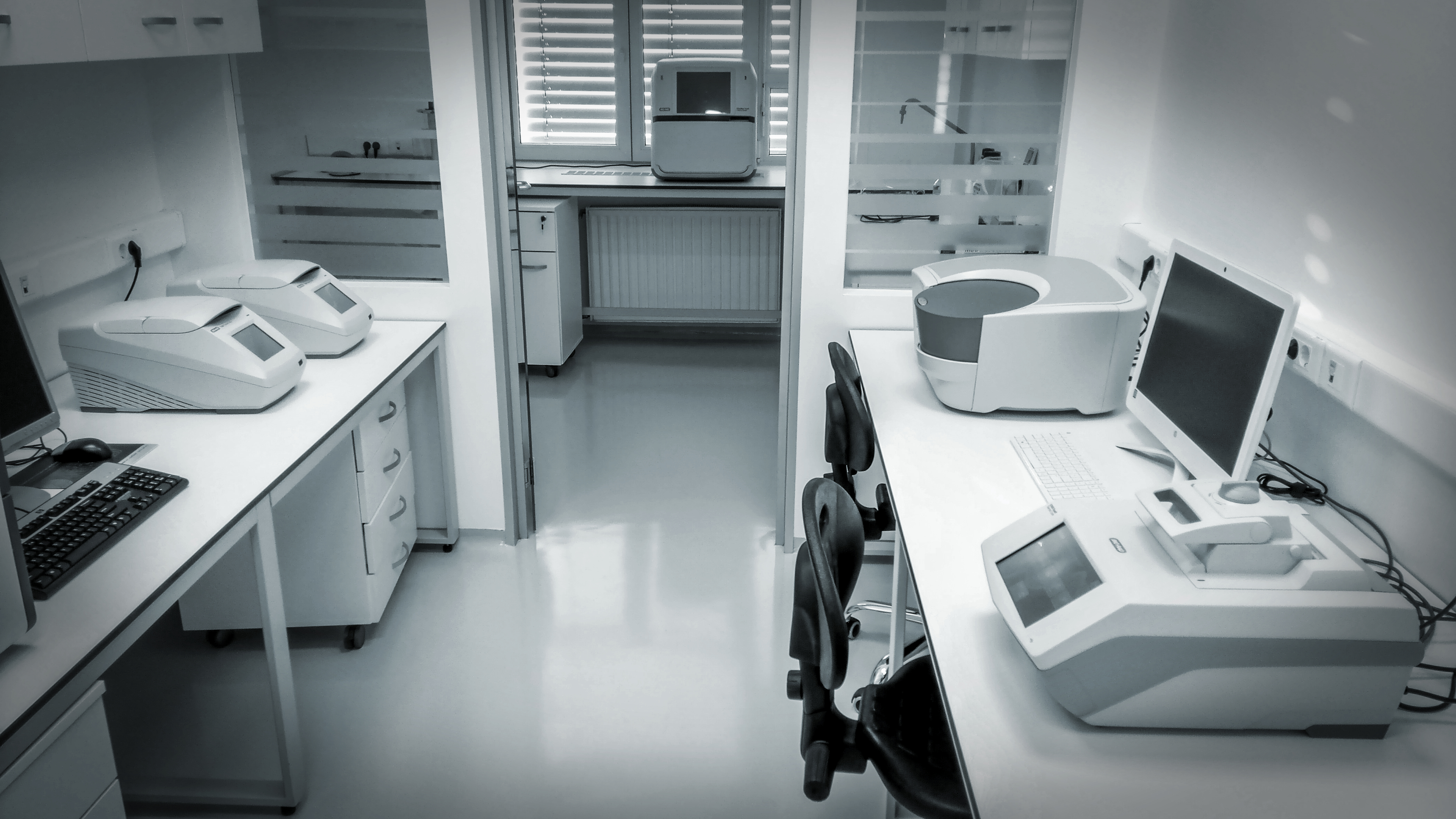Methods
Summary
The predominant technique in eDNA surveys of individual aquatic species is currently probe-based qPCR. In this project we are testing an upgraded PCR methodology, droplet digital PCR (ddPCR), also termed the 3rd generation PCR. Due to its sensitivity and precision, ddPCR has already gained popularity in studies of gene expression, detection of genetically modified organisms and in medical diagnostics. There are very few published eDNA surveys using ddPCR, but in all cases the authors concluded that ddPCR outperformed qPCR. Even more importantly, ddPCR enables direct absolute quantification of DNA molecules, which may in the future be applied in indirect estimation of population sizes.
“Droplet Digital PCR (ddPCR) is a novel approach of performing PCR in which a sample is fractionated into 20,000 droplets, and PCR amplification of the template molecules occurs in each individual droplet. This approach enables direct absolute quantification of target molecular with increased sensitivity, specificity and robustness to qPCR. ddPCR technology uses reagents and workflows similar to those used for most standard TaqMan probe-based assays. The massive sample partitioning is a key aspect of the ddPCR technique.”
More on ddPCR:
ttp://www.bio-rad.com/en-us/applicat...
ddPCR facility at Labena d.o.o.:
Protocols
This project has not yet shared any protocols.
